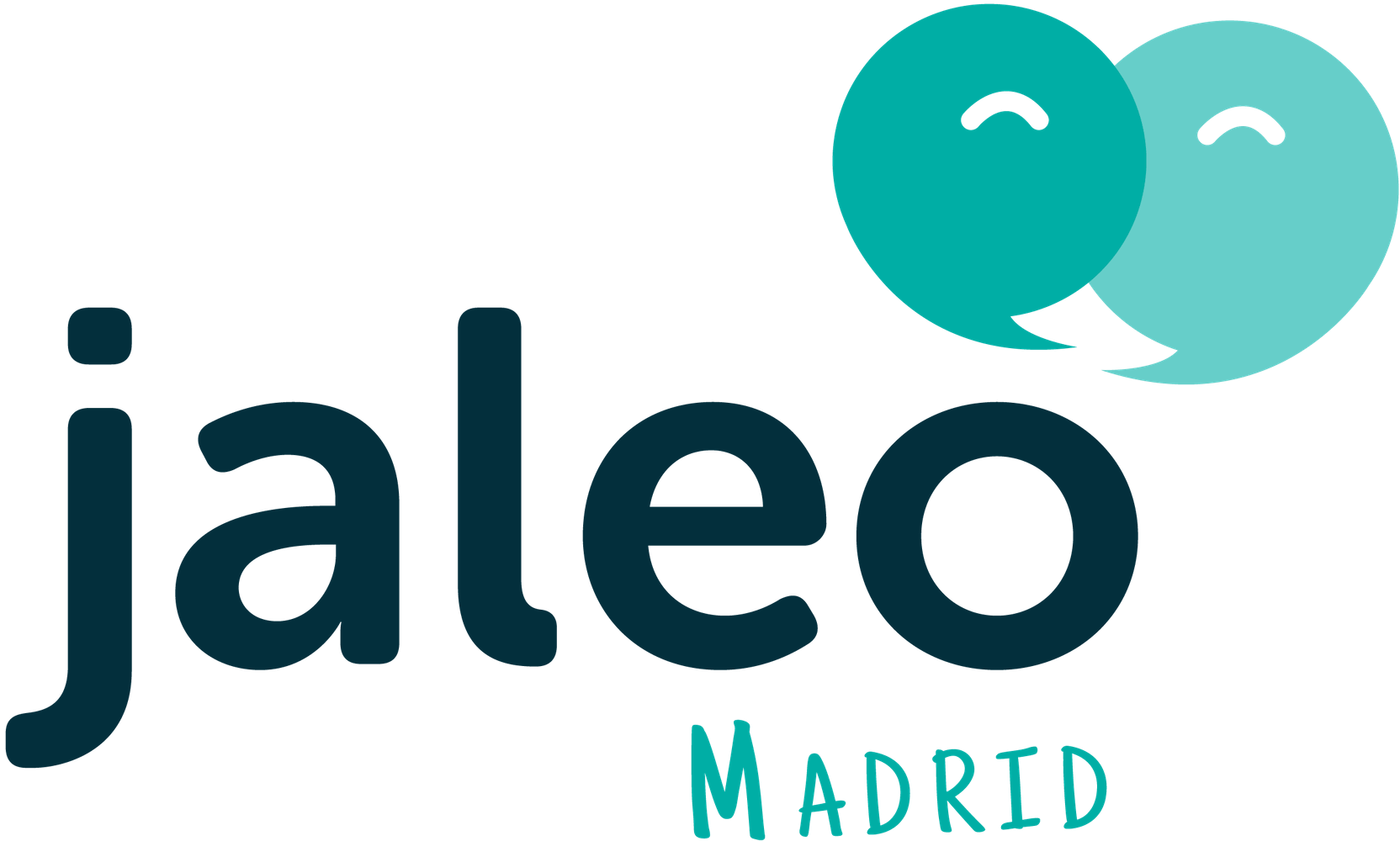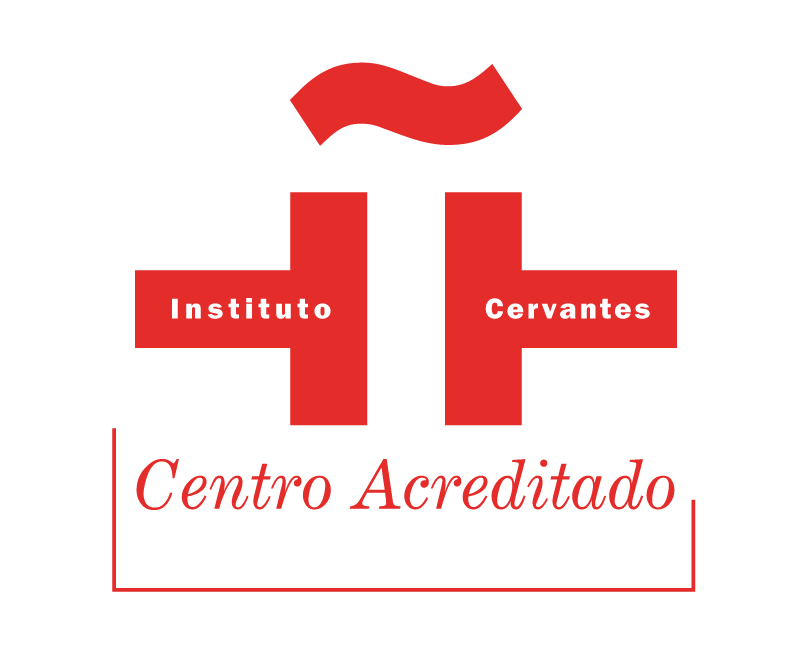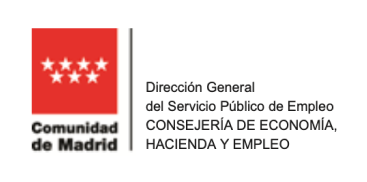For most of us who start out learning a new language it is a lot easier to focus on the basics, like learning the alphabet and grammar structure. It’s fairly easy read through a text and try to answer a few questions to test our comprehension. But does this now mean you speak the language? Of course not. In your native language you learn can understand and communicate far before you can read or write. As an adult learner, we don’t have the luxury or time to learn like a toddler and the result is typically the same, very. slow. progress. Before you can start to really speak a language, it is important to learn how to listen.
Ideally, we would all have the equivalent of a parent speaking to us in Spanish all day, pointing things out to us and correcting our mistakes. This just isn’t very practical or possible so at first, when hearing native speakers on TV or with their friends, it can be dizzying trying to keep-up with the pace. There are people out there who can learn simply by watching soap operas but, for the rest of us, there are some simple steps you can take to start improving your listening skills. I think the most important points are to find material that is suitable for your abilities, diversify your routine and to be patient with your progress.
TV and movies are a popular source for listening material but there are two main issues:
- It is difficult to find material that is correctly suited to your level
- You then need to use subtitles to understand so you end up focusing on the text rather than the audio
Podcasts are a great alternative because there is a lot of content out there and it is extremely convenient to make the time to get some listening done. In the car, during your workout, while you get chores done around the house, etc… With all the options out there it can be hard knowing where to start. Luckily for you, someone at Podcast Maniac has already taken the time to find the best podcasts to help you become fluent in Spanish.
All the work you have been doing can go to waste if you don’t take the steps to improve your pronunciation as well! It feels a little silly talking to yourself in the mirror but mixing up your routine and taking the time in front of the mirror will really help you improve. You may never sound like a native but repeating what you hear is the best way to sound natural and keep up with the flow of normal conversations.












